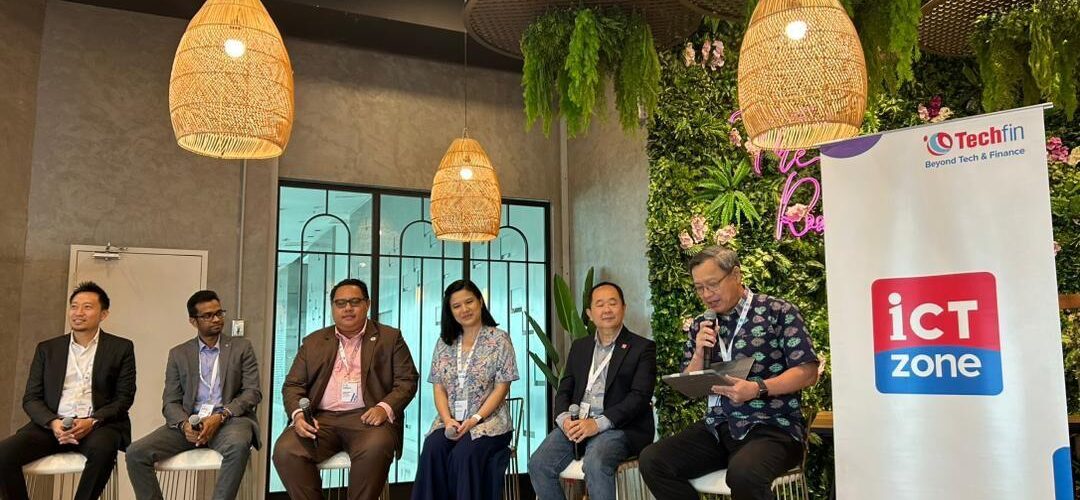Circular tech models can cut costs, curb e-waste, and boost ESG performance
Malaysian businesses are being encouraged to rethink traditional ICT procurement and consider circular technology models — such as leasing, subscription services, and Device-as-a-Service (DaaS) — to fast-track their Environmental, Social and Governance (ESG) goals.
The message came from “ESG Unplugged: C-Level Perspectives on Tech, Carbon & Change,” a high-level forum co-hosted by HP Malaysia and ICT Zone Asia Berhad. The event brought together senior leaders from government, industry, and civil society to tackle pressing sustainability issues, including carbon pricing, circular procurement, and compliance with policies like the European Union’s Carbon Border Adjustment Mechanism (CBAM).
“We don’t want our customers to own the devices and later struggle with planning, usage, or disposal,” said Tommy Lim, CEO and Managing Director of ICT Zone Asia Berhad. “Through a servitisation model, our Device-as-a-Service helps businesses reduce emissions, improve reporting readiness, and embrace circularity — all without upfront investment.”
Circular ICT: Key to Sustainable Progress
Circular ICT models keep devices in use for longer, with refurbishment and reuse extending product lifespans by an average of three to five years. ICT Zone Asia’s Carbon-Neutral Computing Services (CNCS), certified by MyHIJAU, have already refurbished and redeployed thousands of devices, significantly reducing e-waste while improving cost efficiency for businesses.
HP’s Sustainability Benefit Report platform also enables companies to track measurable environmental impact — an increasingly critical requirement as regulators, investors, and customers demand transparent ESG reporting.
“This is no longer just a cost-saving conversation,” said Goh Soo Lin, HP’s Sustainable Impact Lead for SEA and ANZ. “It’s about rethinking procurement models to meet stakeholder expectations and sustainability targets.”
ESG Compliance: A Risk and An Opportunity
With CBAM and other regulations gaining traction, ESG compliance is no longer optional. Muhammad Ridzwan Ali, Senior Assistant Secretary at the Ministry of Natural Resources and Environmental Sustainability, stressed that the government is developing frameworks to make compliance easier for SMEs.
“CBAM isn’t just a regulatory hurdle — it’s an opportunity for Malaysian exporters to lead,” he noted, adding that harmonising ESG policies and improving communication on available grants are key priorities.
The Supply Chain Challenge
Industry experts warn that companies unable to report emissions risk losing clients, particularly in supply chains serving multinational corporations. Cheah Kok Hoong, President of the ESG Association of Malaysia, emphasised that accurate metrics and credible reporting tools are essential to maintaining competitiveness.
The Way Forward
For businesses, the path to ESG success can start small — by shifting procurement habits towards circular, carbon-neutral ICT models that cut waste, save money, and enhance sustainability reporting.
Bookings for ICT Zone Asia’s services and solutions can be found at www.ictzone.asia.









